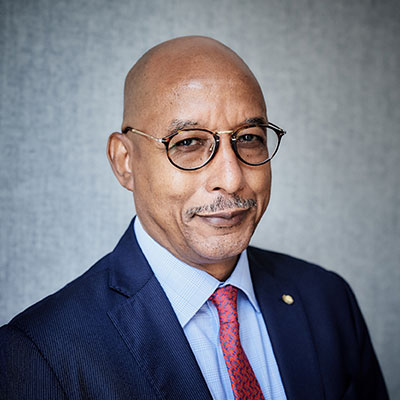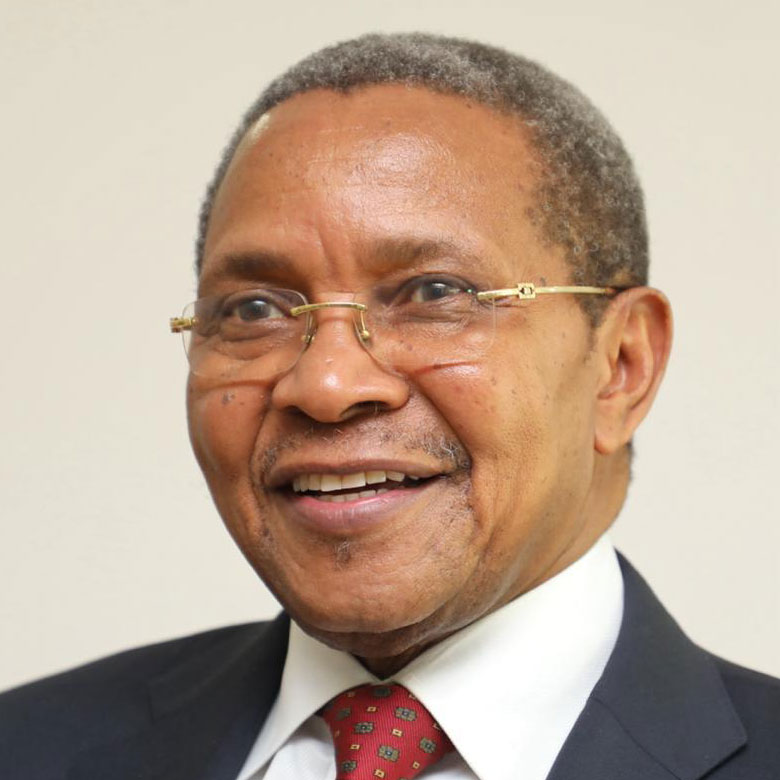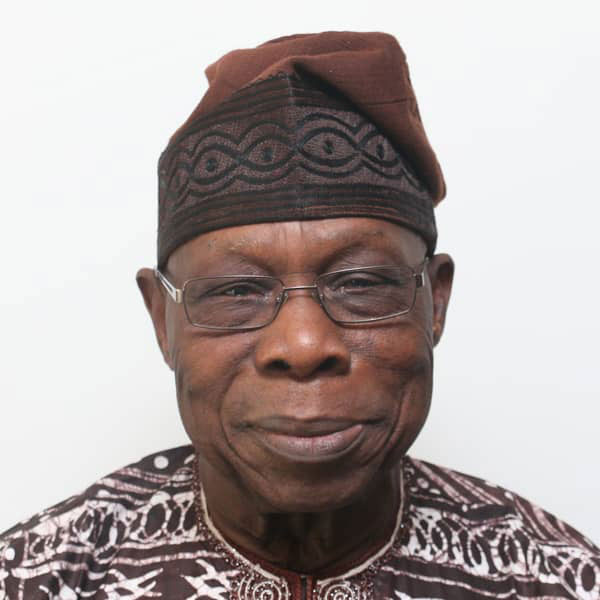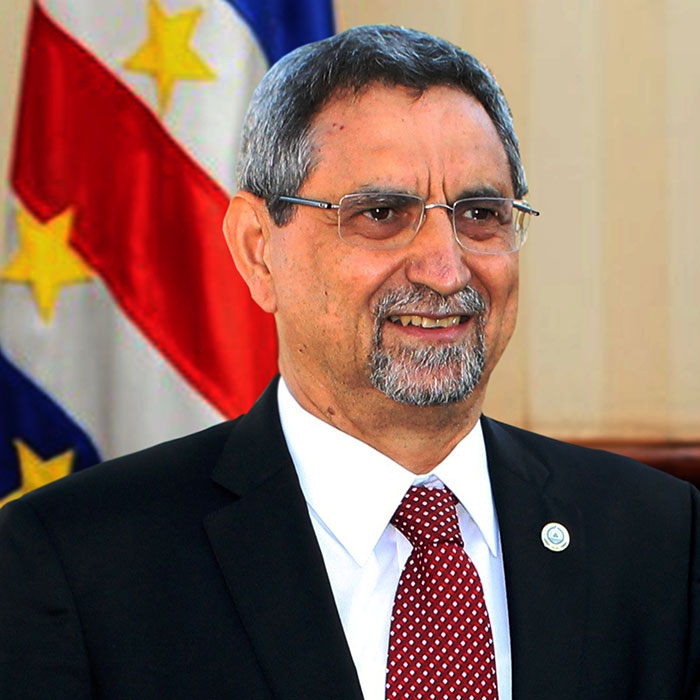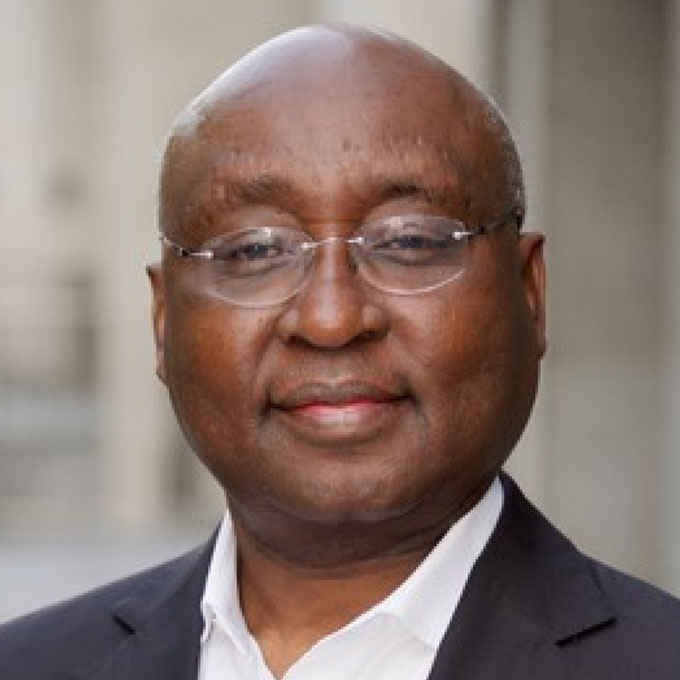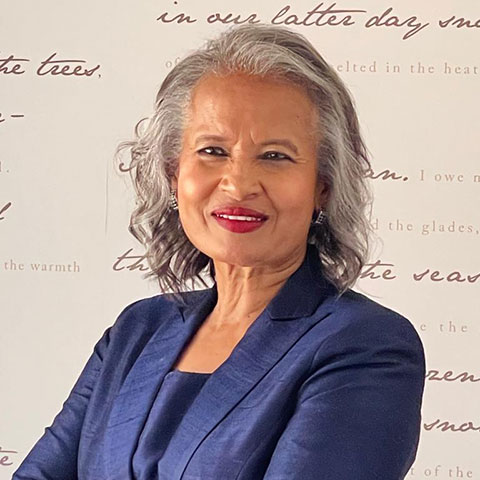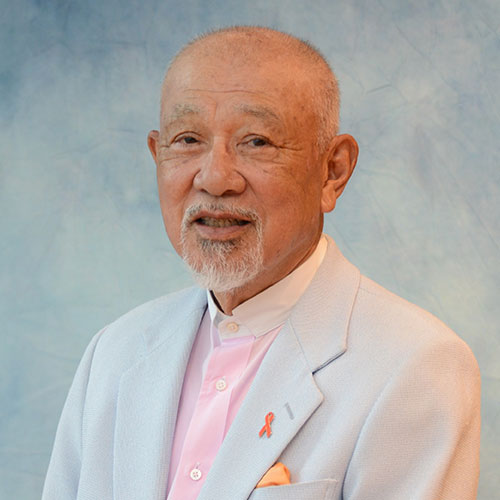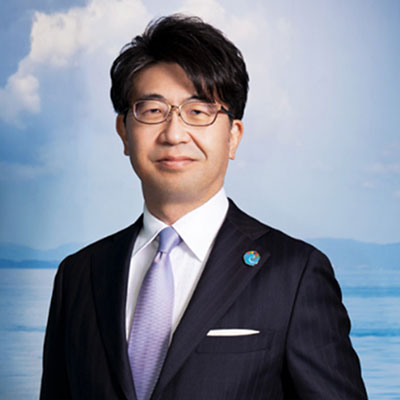Ibrahim Hassane Mayaki was appointed Deputy Minister for African Integration and Cooperation in 1996, and later that same year became Minister of Foreign Affairs and Nigeriens Abroad. In November 1997, he was named Prime Minister, a position he held until January 2000. During his tenure, he focused on promoting social dialogue, establishing frameworks for labor negotiations, and founding the National Council for Social Dialogue (CNDS).
After retiring from politics in 2000, he founded the think tank Cercle d’analyse des politiques publiques, which specializes in health and education policy. From 2009 to 2022, he served as Executive Secretary of the African Union’s development agency, the New Partnership for Africa’s Development (NEPAD). He has also been appointed as a member of the Lead Group of the UN Scaling Up Nutrition Movement and served on the High-Level Panel on the Future of the OECD Development Assistance Committee.
Ibrahim Hassane Mayaki
Former Prime Minister of the Republic of Niger and African Union Special Envoy for Food Systems
